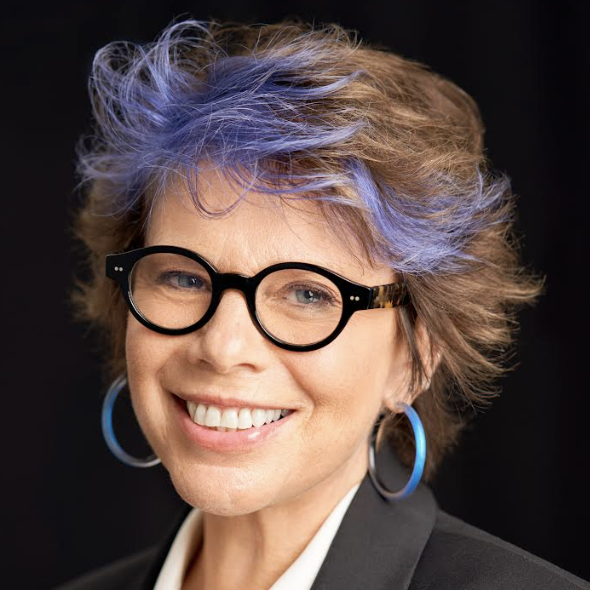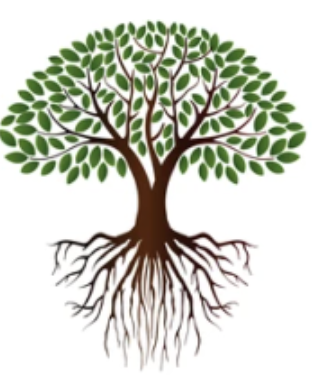An Advanced Skills Course with Diana Fosha, PhD
Advanced Seminar Option (does not count toward certification) | Didactic Only | Open to AEDP Level 1 and up
2-days: Friday & Sunday | November 1 + 3, 2024
Course Option (counts toward certification) | Includes Experiential Work | Open to AEDP Level 2 and up
4-days: Friday thru Monday | November 1 – 4, 2024
AEDP affective change processes provide the scaffolding for AEDP
clinical practice and transformational theory.
Course Description
AEDP has always been a multifaceted transformational therapy. Naturally occurring, adaptive, affective change processes have always been at the heart of AEDP™ Psychotherapy’s healing oriented, radically relational, dyadically experiential transformational practice. These discrete AEDP affective change processes provide the scaffolding for AEDP clinical practice and transformational theory. They in essence operationalize and account for how change takes place in AEDP Psychotherapy. Furthermore the clinical, practice-based theory of AEDP has also grown: It has expanded, deepened and been put to the test hundreds of thousands of times in transformational moments between patients and us, their AEDP therapists, worldwide.
With the advent of empirical research into AEDP Psychotherapy effectiveness (DiCorcia et al., 2022; Iwakabe et al, 2020; Iwakabe et al., 2022; Notsu et al., 2022), the need to systematize, codify and measure outcome and process in AEDP psychotherapy has led to the development of what we have come to call The Magnificent 9 +1 Affective Change Processes Scale. This scale, also evolving, attempts to capture what makes AEDP so effective for so many patients.
This course explores 9 affective change processes specific to AEDP, as well as the mystery factor, the “+1”. The 9 affective change processes are: i. Transformance detection & affirmation of the self; ii. Noticing & seizing a moment of emergence; iii. Undoing aloneness; iv. Experiential focus; v. Disarming defenses; vi. working to regulate dysregulated experience; vii. Experientially processing core affective experience, aiming toward a corrective emotional experience; viii. The broadening & building of transformational experience, i.e., metatherapeutic processing; ix. Expanding core state experiences and the integration of transformation into self.
This year’s course will also explore in some depth the 5 different subcategories of affective change process #VII, Experientially processing core affective experience: In addition to (a) the experiential processing of emotional experience; (b) experiential work with the experience of attachment in the here-and-now of the therapeutic relationship and (c) the experiential processing of intrarelational experience, we will attend to a couple of newcomers: (d) experiential work with SELF experience; and (e) work with dynamically significant autobiographical unfolding.
This Advanced Skills training is in keeping with the AEDP model: from experience comes insight and meaning. Insight and meaning are incredibly important and indeed transformational, however, understanding follows from experience. This is an opportunity to reflect and integrate and experience (via the realization affects) that a new and deeper understanding has the potential to re-organize everything that came before it, and thus can lead to more rounds of the transformational spiral.
Course Objectives
- Describe the nine essential components of AEDP Magnificent 9 + 1 affective change processes
- Recognize the different ways in which early relational learning shows up in the here-and-now experience of the client.
- List the factors that foster positive neuroplasticity and demonstrate how they can be put to good use in psychotherapy.
- Explain and demonstrate how AEDP techniques of undoing aloneness can be used to disconfirm early learning and promote a corrective relational experience in therapy.
- Understand the essential elements needed to promote emotional processing and working toward a corrective emotional experience and how to make use of them in therapy.
- Explain and demonstrate how metaprocessing can be maximized to deepen transformation and the integration of new learning.
- Interpret and unpack the “+1” Unmasked: The Spirit of AEDP
Who Should Attend
Licensed mental health practitioners (or the local/regional equivalent to ‘licensed’*) as well as interns legally practicing under the license of a supervising practitioner. These include Counselors, Psychoanalysts, Psychologists, Psychotherapists, Social Workers, other Behavioral Health Therapists and related professionals.
Course Level: AEDP Level 2 (Graduates of both Immersion and Essential Skills)
Seminar Level: AEDP Level 1 (Graduates of Immersion)
If you have a question about the relevance of this course for you and/or your eligibility for this course please contact admin@aedpinstitute.org.
Meet the Presenter

Diana Fosha, PhD
Diana Fosha, PhD, is the developer of AEDP™, a healing-based, radically relational, transformation-oriented experiential psychotherapy. She is the Founder and Director of the AEDP Institute.
For more than two decades, Diana has championed a scientific foundation for AEDP, a therapeutic approach that focuses on healing trauma, repairing attachment wounds, and rekindling vitality. Her work integrates positive neuroplasticity, recognition science, and dyadic developmental research into experiential and transformative clinical practice. Her most recent work focuses on promoting flourishing as a seamless part of the AEDP therapeutic process of transforming emotional suffering. Drawing on affective neuroscience, attachment theory, mother-infant developmental research, and research documenting the undreamed-of-plasticity in the adult brain, AEDP exemplifies the integration of scientific research and clinical practice in psychotherapy.
Based in New York City, where she lives and practices, Fosha has been on the faculties of the Departments of Psychiatry and Psychology of NYU and St. Luke’s/Roosevelt Medical Centers (now Mount Sinai) in NYC, and of the doctoral programs in Clinical Psychology at the Derner Institute for Advanced Psychological Studies at Adelphi University and at The City University of New York.
Registration Options, Location, Dates & Times
- Online sessions use the U.S. Eastern Time Zone
- Please double check the meeting times for your local time zone if not U.S. Eastern Time Zone by visiting https://www.24timezones.com/ or your resource of preference.
- Please check the dates and times closely for conflicts with Local Holidays, Religious Holidays, etc.
Location: Live Online and highly interactive
AEDP’s Live, Online Learning: Requirements & FAQ’s
Option 1: Course (didactic plus experiential practice) | Friday – Monday, November 1 – 4, 2024 | Open to Level 2 and up
SOLD OUT with a waitlist. Email admin@aedpinstitute.org to add your name to the waitlist and/or attend Option 2 below.
- Attend all four days
- Will count toward certification
Time: 10:30 AM – 3:00 PM Eastern time USA + Canada
- $649 USD Member (must be logged in to register)
- $679 USD Non-Member
*We are no longer accepting scholarship applications for this course
Option 2: Seminar (no experiential practice) | Friday + Sunday (only) November 1 + 3, 2024 | Open to Level 1 and up
- Attend the didactic, skip the small group experiential work
- Will not count toward certification
Time: 10:30 AM – 3:00 PM Eastern time USA + Canada
- $379 USD Member (must be logged in to register)
- $399 USD Non-Member
Limited scholarship seats available for the seminar only- to apply click here.
Fees & Scholarships
Non-Member Course Fee:
Are you a Member? Log in to get a Member discount
There is no conflict of interest or commercial support for this program.
ADA Accommodations | Attendance | Refund Policy | Questions
Disability Access: If you require ADA accommodations please contact Marilia Rodriguez, admin@aedpinstitute.org or call 813-553-1294 thirty days or more before the event so we can be sure to accommodate you.
Attendance and Makeup Policy & Refunds:
Questions:
Course and all customer service related questions:
Please contact Customer Service Administrator
Marilia Rodriguez: admin@aedpinstitute.org

